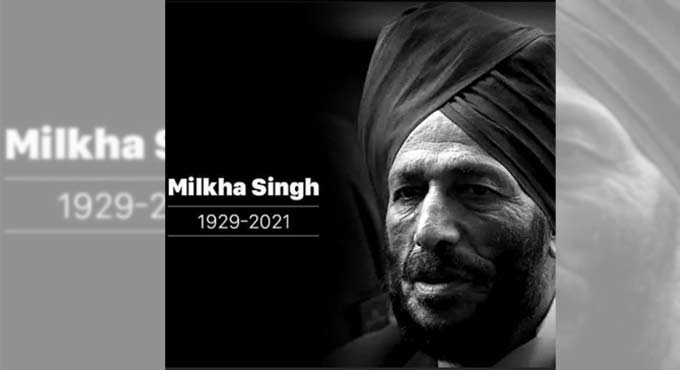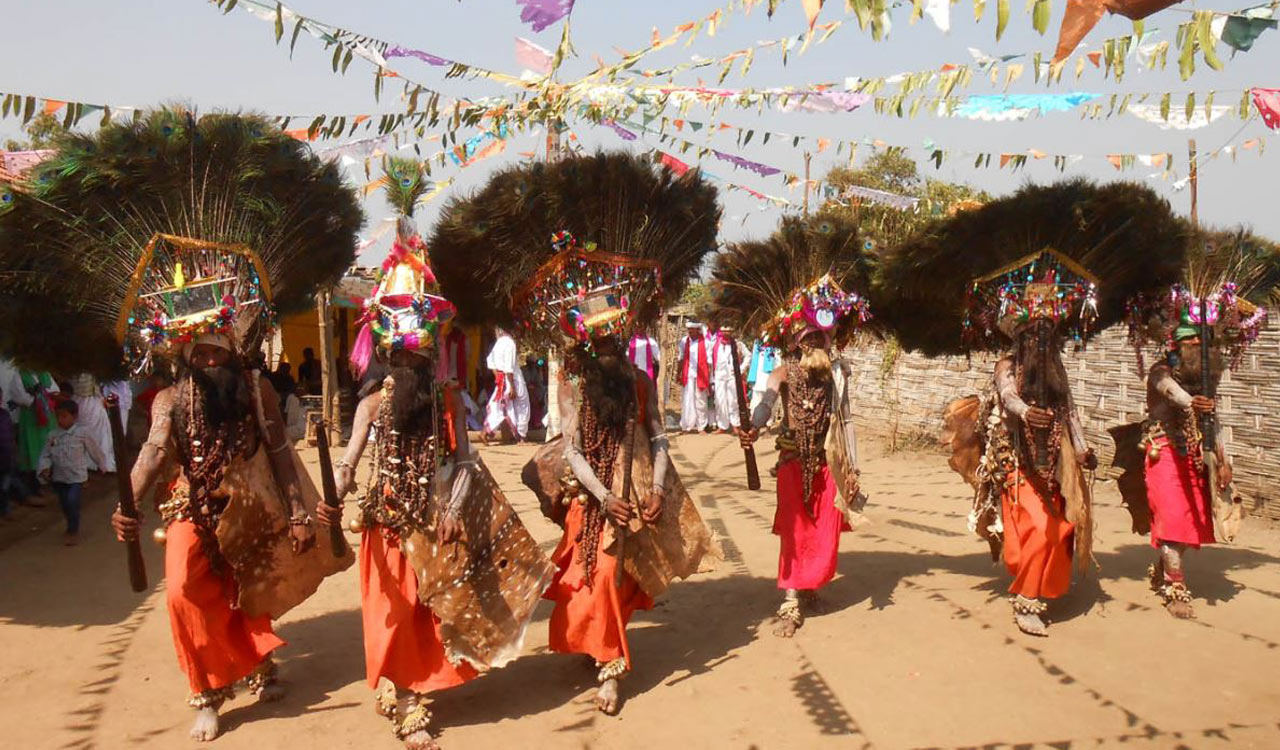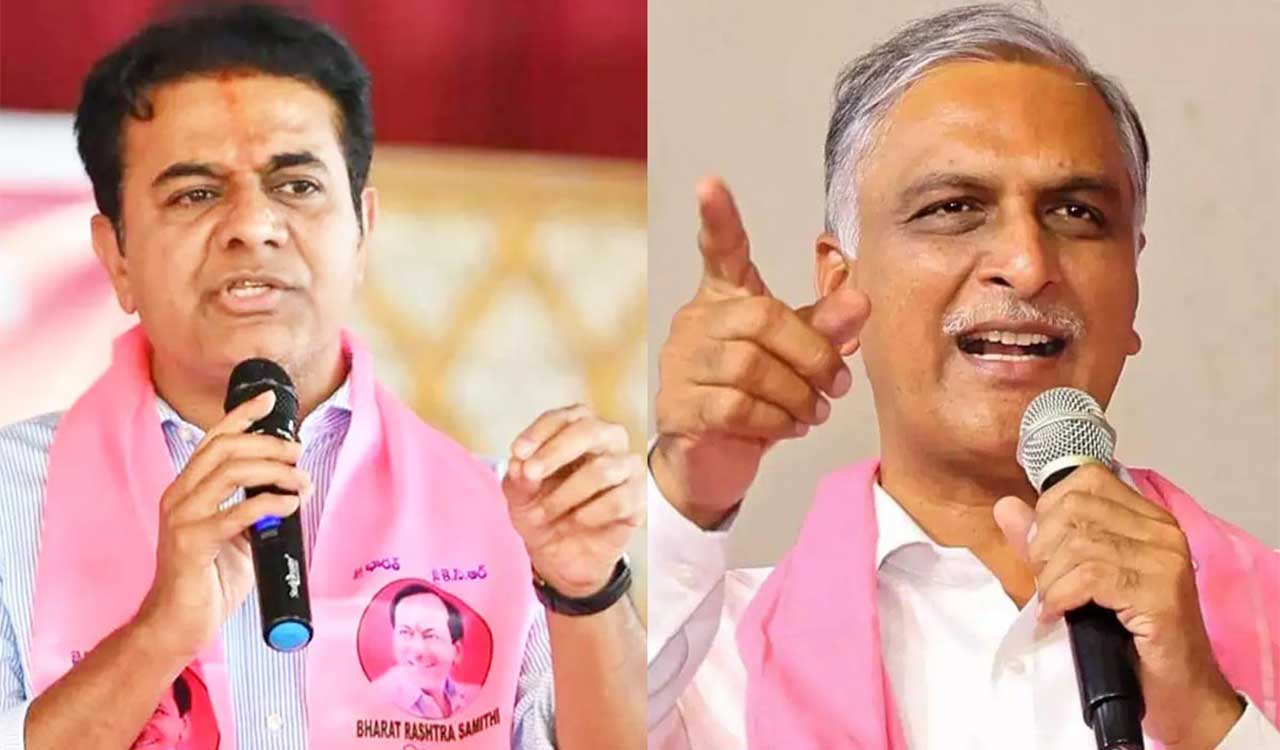Flying Sikh Milkha Singh loses his last race
"Don't worry, I am in good spirits...I am surprised, How could I get this infection?...I hope to get over it soon," Milkha had said in his last interaction before being hospitalised, sounding his usual jovial self, supremely confident of his legendary fitness.

New Delhi: The track, to him, was like an open book in which Milkha Singh found the “meaning and purpose of life”. And what a life he made for himself. Before his 91-year-old body lost to Covid-19 on Friday after fighting it for a month, Milkha won the kind of battles that not many would have survived, forget about living long enough to tell the world about them.
“Don’t worry, I am in good spirits…I am surprised, How could I get this infection?…I hope to get over it soon,” Milkha had said in his last interaction before being hospitalised, sounding his usual jovial self, supremely confident of his legendary fitness.
One of independent India’s biggest sporting icons was a tormented man but refused to let that come in the way of accomplishments which were unheard of in his era. He saw his parents being butchered during partition, indulged in petty crimes to survive in refugee camps of Delhi, went to jail for those and failed three attempts at joining the Army.
Who could have thought a man like that would get the sobriquet of ‘The Flying Sikh’? But Milkha earned it and earned it with a master-class on how to be bigger and better than one’s circumstances.
He “revered” the track like “the sanctum sanctorum in a temple where the deity resided.” To him running was both his God and beloved as he created his own little fairytale out of what what could have easily been a tale of horrors.
To talk of medals, the legendary athlete was a four-time Asian Games gold-medallist and the 1958 Commonwealth Games champion but his greatest performance was a near miss, the fourth place finish in the 400m final of the 1960 Rome Olympics. His timing at the Italian capital remained the national record for 38 years and he was bestowed the Padma Shri in 1959.
But more than anything else, Milkha was the one who put Indian athletics on the world map by winning the gold in the then 440 yards race of the 1958 British and Commonwealth Games.
He became the first Indian athlete to win an individual gold in a Commonwealth Games, which led to then Prime Minister Jawaharlal Nehru declaring a national holiday on his request.
Milkha put his career record at 77 wins out of 80 races. He also claimed to have bettered the ‘Olympics record’ of that time in a race in France, but with sketchy records available, it is difficult to confirm just like his actual date of birth which is officially November 20, 1929.
He lost the race of his life in the Rome Olympics, finishing the 400m final in 45.6 seconds, 0.1 second short of the bronze medal mark.
Hard to believe but he had slowed down in a colossal error of judgement as he wanted to preserve himself for the final 150m.
He remained tormented by that miss, one of the only two incidents in his life, which he described as unforgettable — the other being the killing of his parents in Pakistan.
“The one medal I had yearned for throughout my career had just slipped through my fingers because of one small error of judgement,” Milkha wrote in his 160-page autobiography that coincided with the release of a blockbuster biopic on his life ‘Bhaag Milkha Bhaag’.
A self-proclaimed village ‘bumpkin’ from the undivided Punjab’s Govindpura, Milkha’s run for a better life started as a 15-year-old when he escaped from Pakistan to Delhi after witnessing a bloodbath that claimed his parents during the partition. His approach to life in the refugee camp was irreverent. He worked as a boot polish boy, a shop cleaner near the old Delhi Railway Station and in between stole goods from trains to make ends meet.
The petty crimes landed Milkha in jail and he was bailed out by sister Ishvar, who sold her jewellery to get him released.Milkha tried to step up in life by making repeated attempts at joining the army. He got through on his fourth attempt in 1952 and that proved to be the turning point which he so desperately wanted and needed.
He was posted in Secunderabad and ran his first race — a cross country of five miles — there when army coach Gurdev Singh promised an extra glass of milk to those who finished inside top-10. He finished sixth and later got selected for special training in 400m. The rest, as they say, is well-documented history.
He got married to Nirmal Kaur, captain of the Indian volleyball team, in 1963. They met for the first time in 1956 in Sri Lanka when they were there for their respective national duties.
The couple was blessed with three daughters and a son, golfer Jeev Milkha Singh and what a fine successor to his legacy he turned out to be, becoming India’s highest ranked golfer at the peak of his prowess.
Related News
-
Dandari-Gussadi dance troupes in Adilabad await financial aid from government
-
KTR, Harish attack Revanth over failed promises; pitch for return of KCR as CM
-
Study finds Covid protein may trigger immune system to attack healthy cells; New variant spreads globally
-
Gujarat Reports 235 New Covid Cases as Health Officials Emphasize Caution
-
Odisha government reviews protection of Lord Jagannath temple lands
4 hours ago -
Iran holds military drills with Russia as US carrier moves closer
4 hours ago -
This is taxpayers’ money: Supreme Court raps freebies culture
5 hours ago -
Hyderabad: Residents oppose Gandhi Sarovar Project over ‘forcible’ land acquisition
5 hours ago -
Australia level series as Indian women slide to 19-run defeat in second T20I
5 hours ago -
Karnataka beat Uttarakhand in semis, to face Jammu and Kashmir in Ranji final
5 hours ago -
Five Osmania varsity players in South Zone squad for Vizzy Trophy
5 hours ago -
Disciplined West Indies bundle out Italy with ease, tops Group C in T20 WC
5 hours ago




